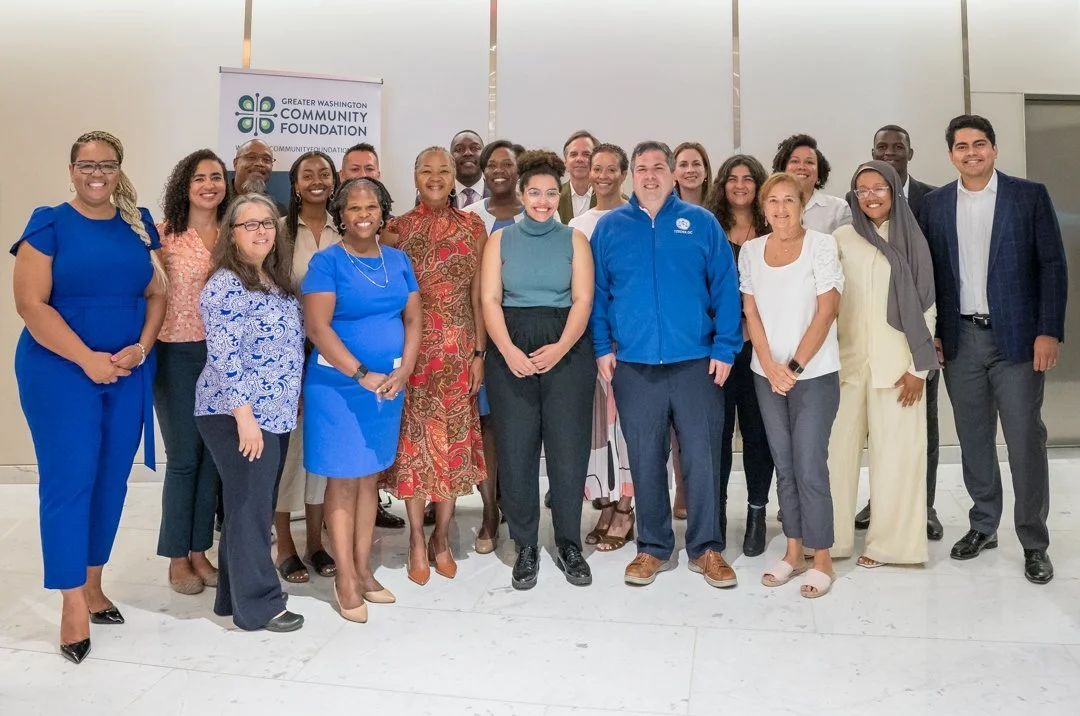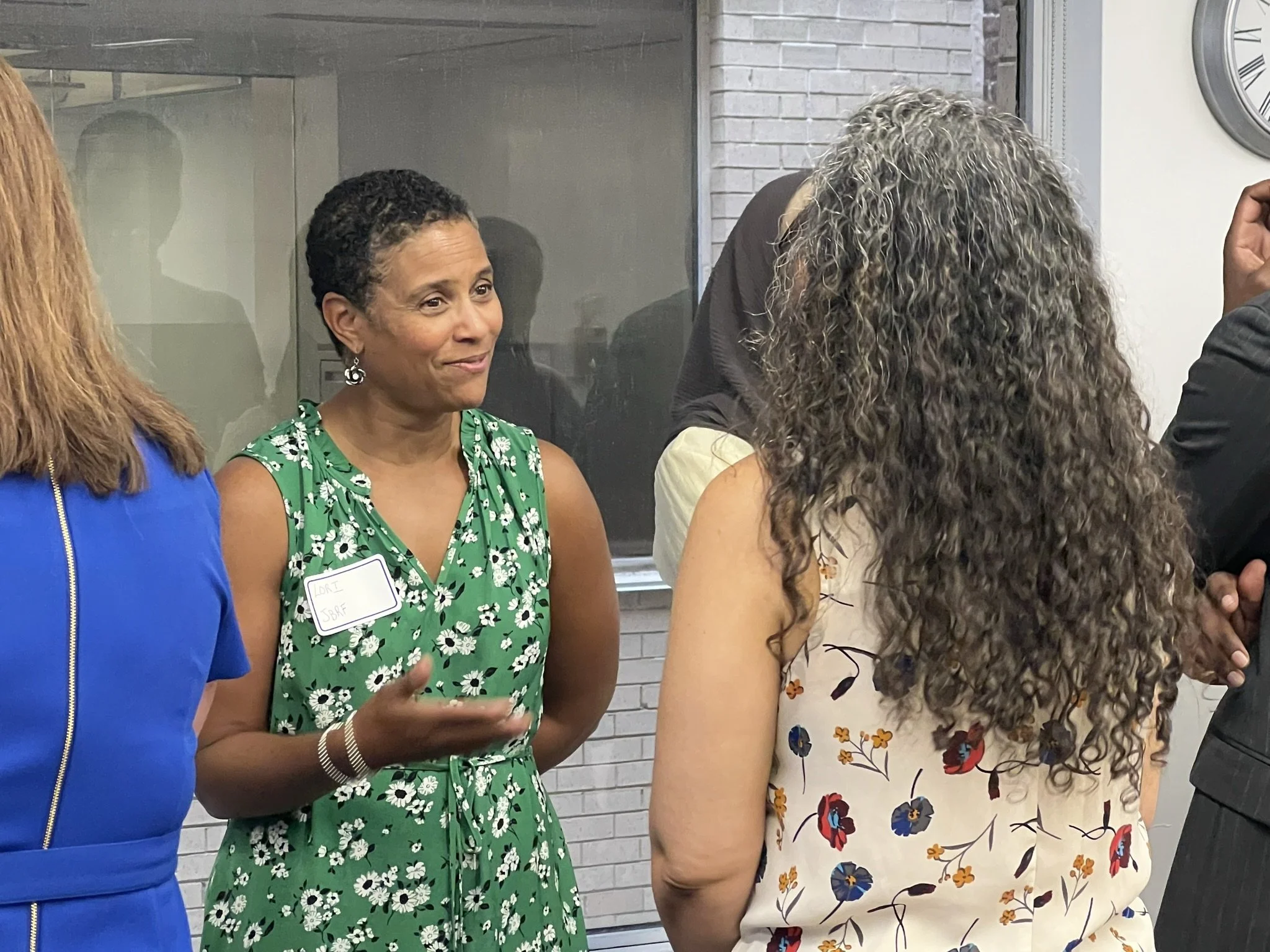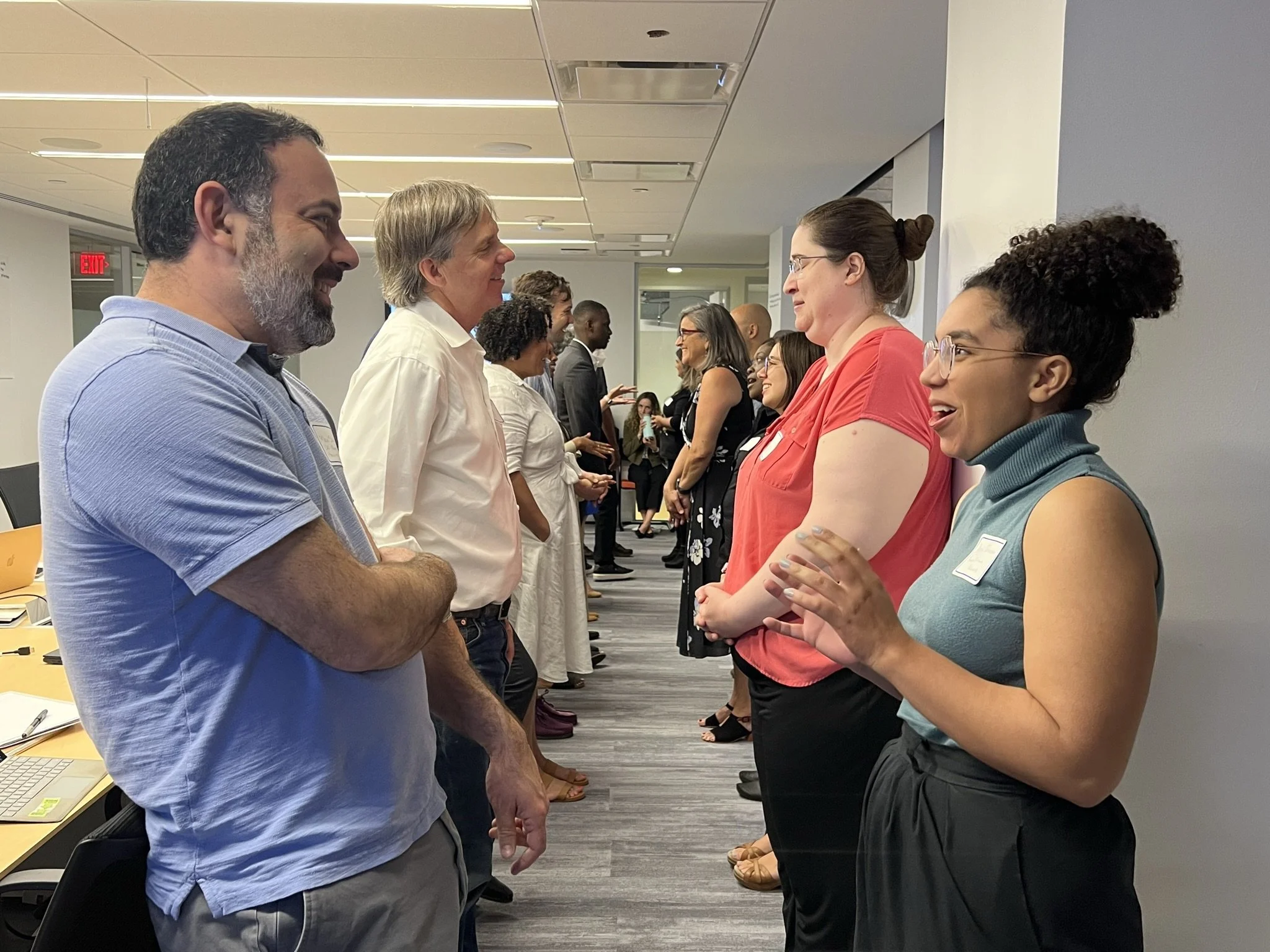Greater Washington Community Foundation Announces $12.5M in Health Advocacy, Policy, and Systems Change Support
The Greater Washington Community Foundation celebrated $12.5 million in Health Equity Fund grants to 14 DC-based nonprofits working on health advocacy, policy, and systems change initiatives. This marks the largest single grant round in The Community Foundation’s 50-year history.
The historic investment comes from the $95 million Health Equity Fund (HEF) -- designed to address the social and structural determinants of health and to help achieve health equity for DC residents. It is one of the largest philanthropic funds of any kind focused on community-based nonprofits that serve District residents.
“We know that 80% of DC’s health outcomes are driven by social, structural, and economic factors, with clinical care accounting for only 20%,” said Tonia Wellons, President & CEO of the Greater Washington Community Foundation. “Health and wealth are inextricably linked – which is why we are confident that activating resources to change systems and policies as well as to increase economic mobility will be instrumental in improving health outcomes for District of Columbia residents.”
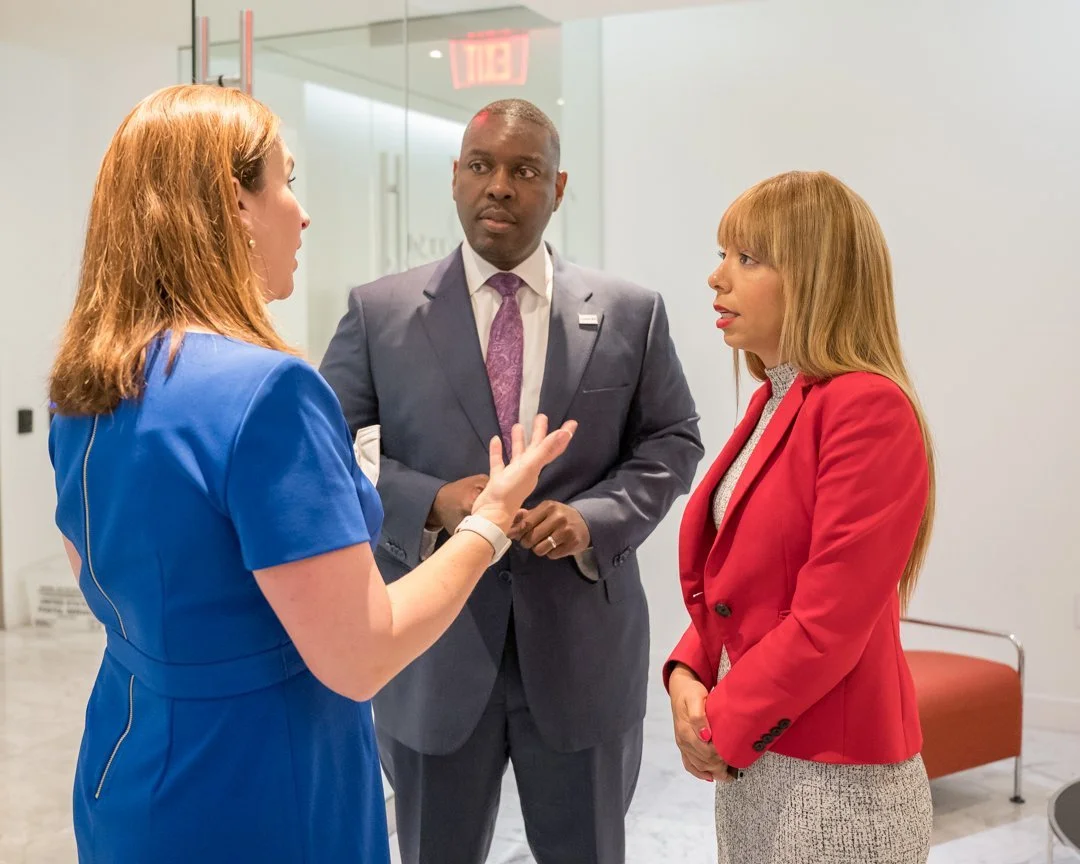
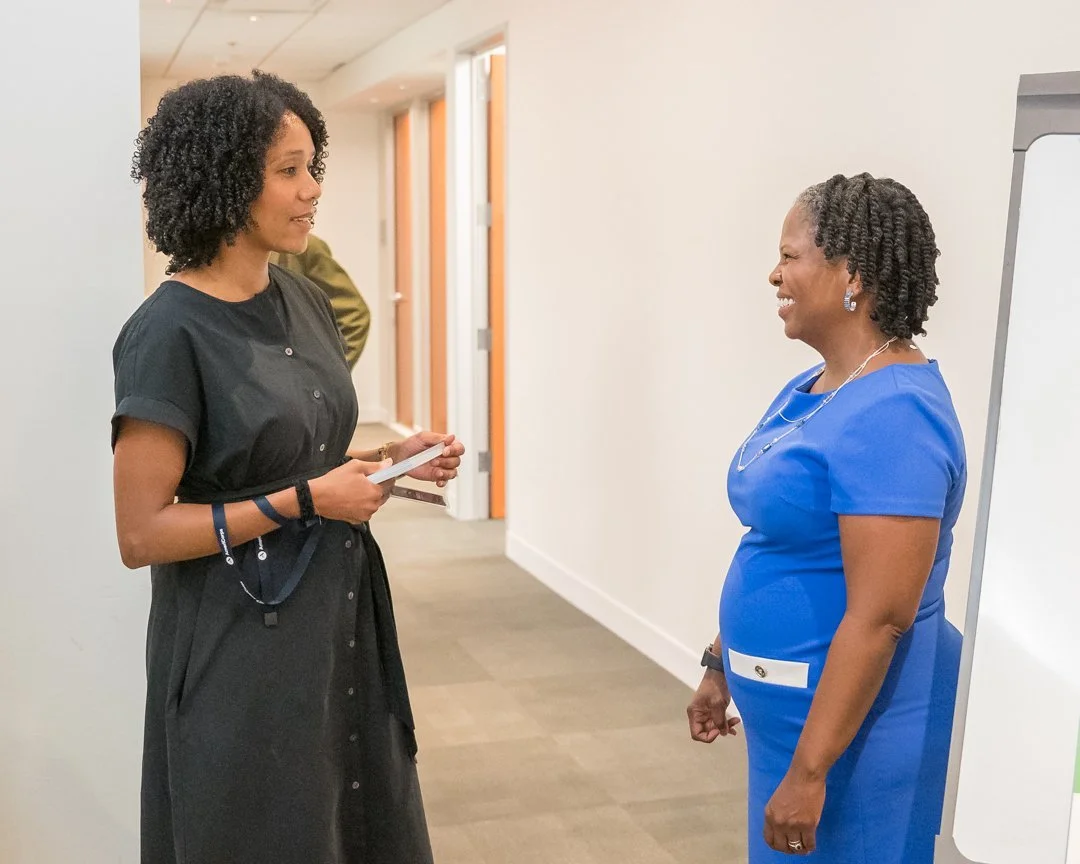
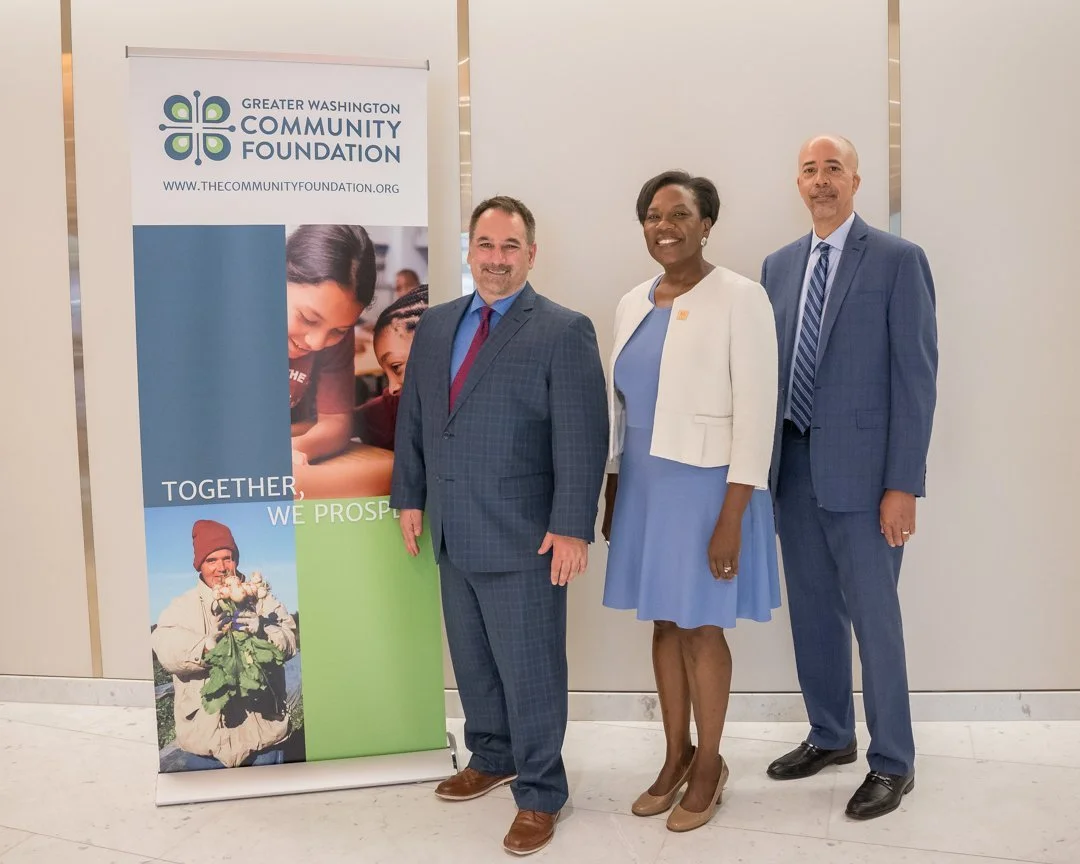
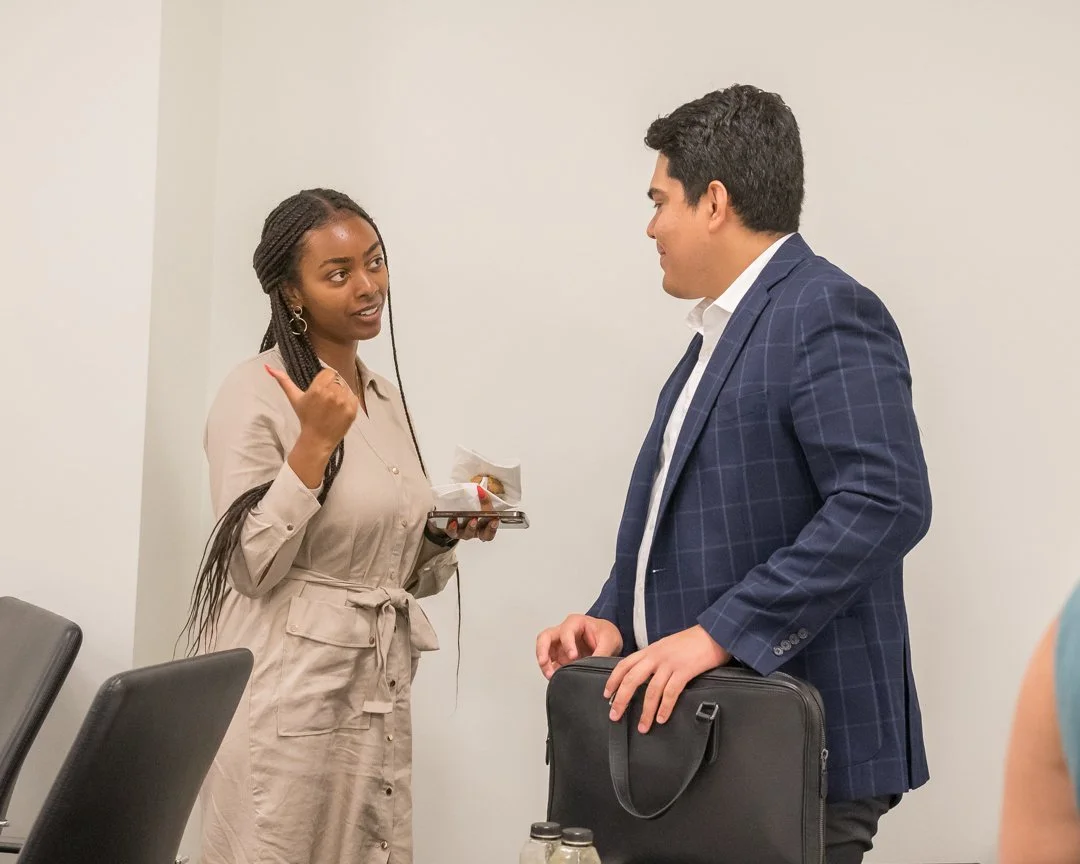
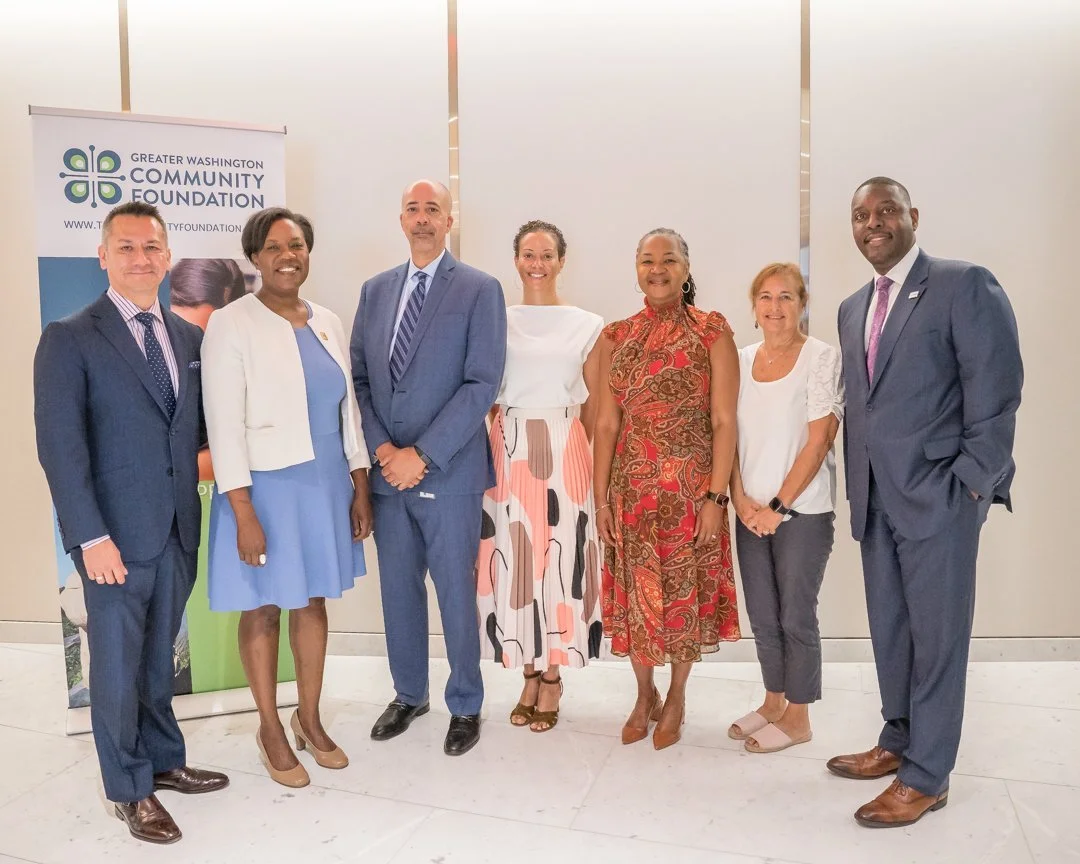
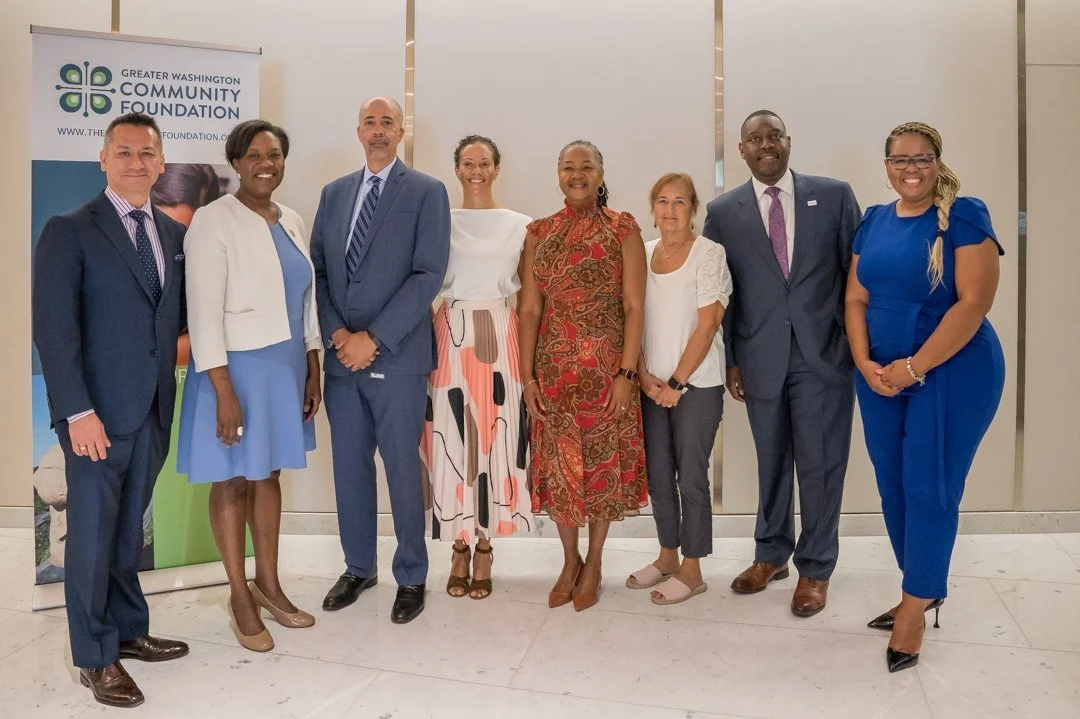
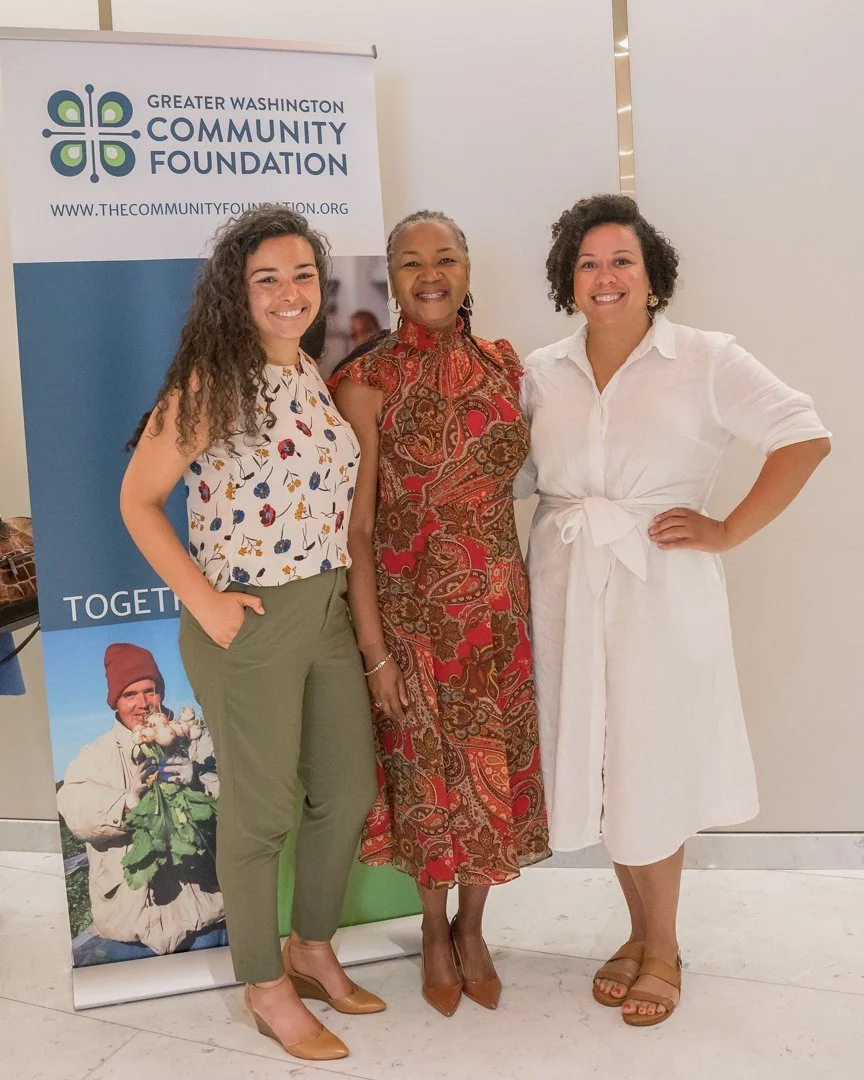
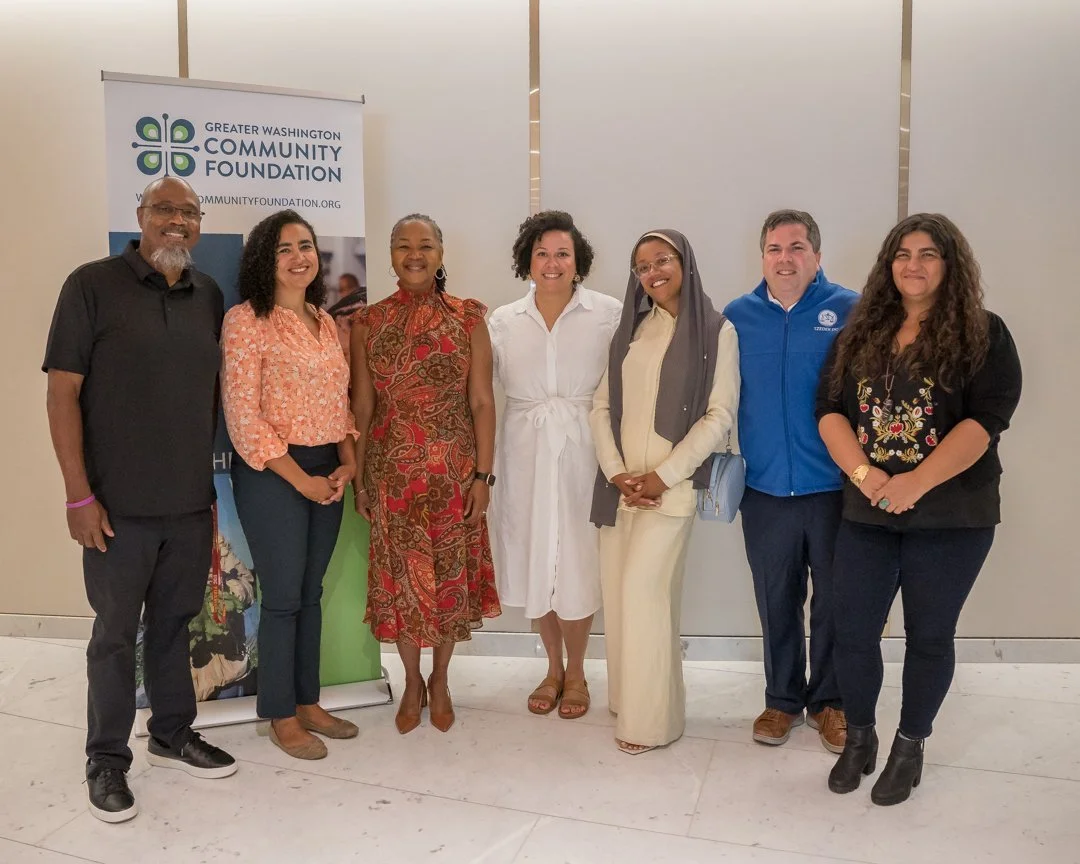
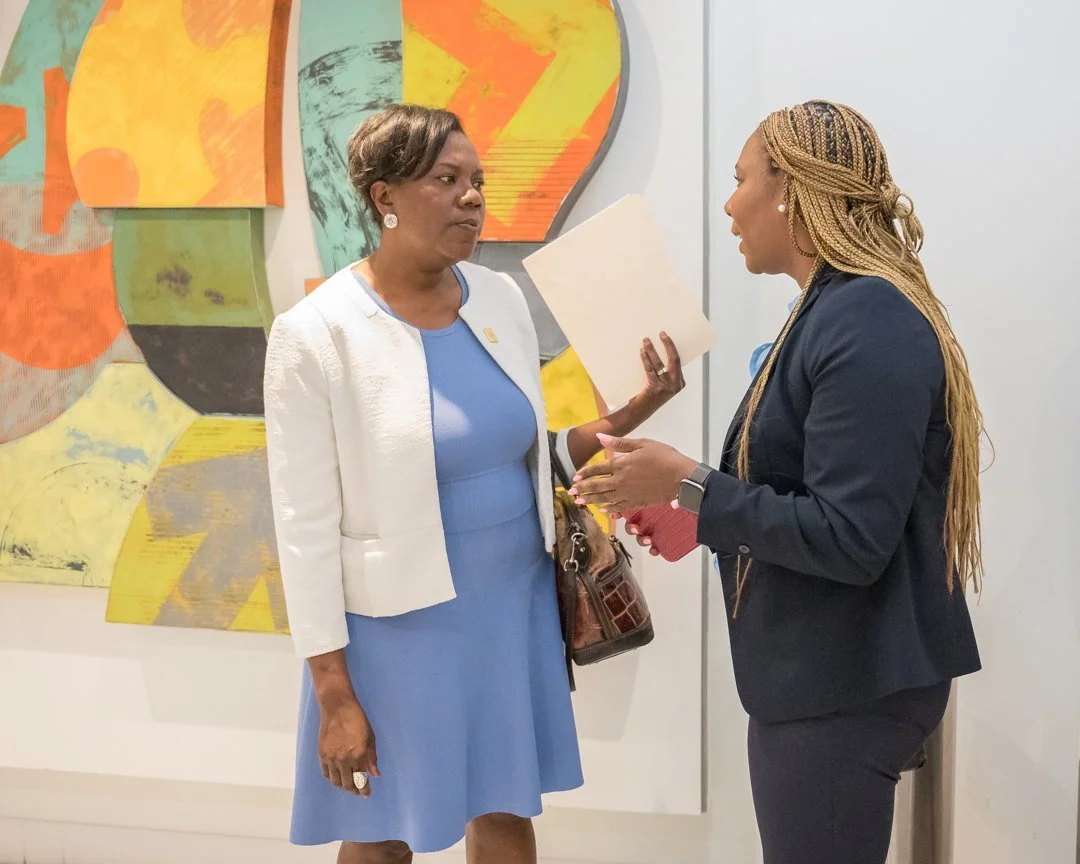
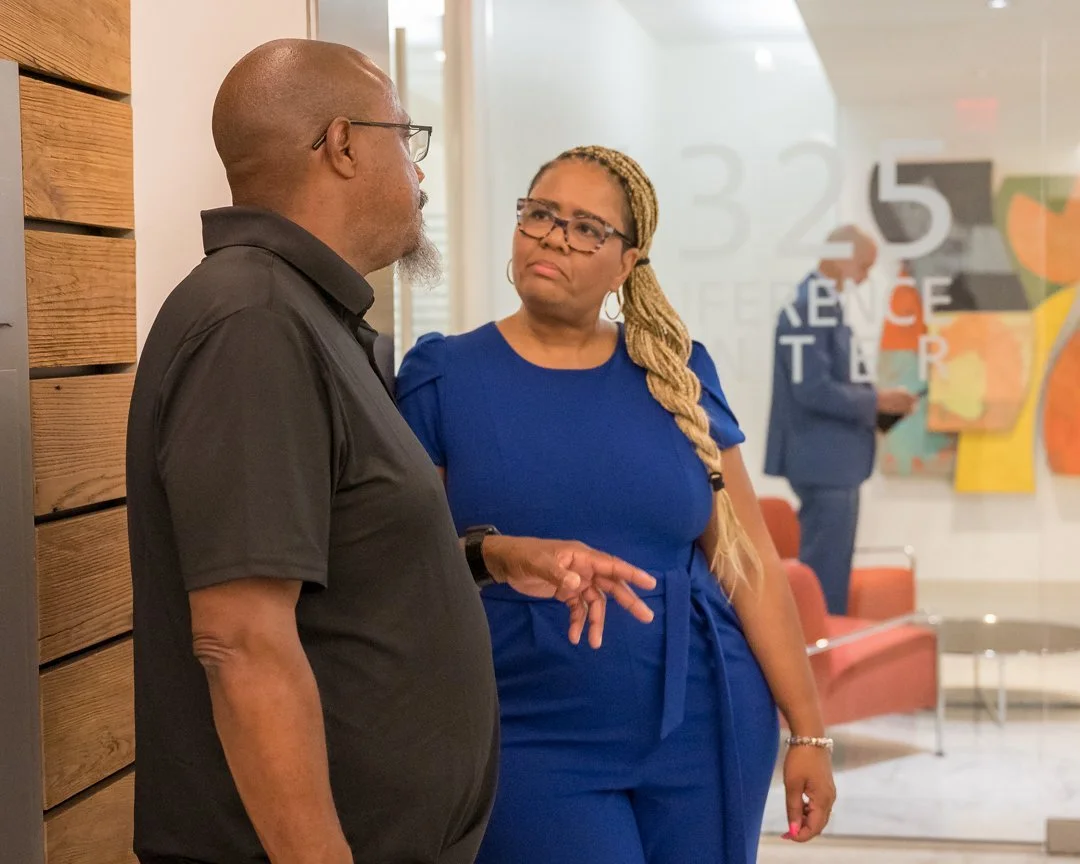
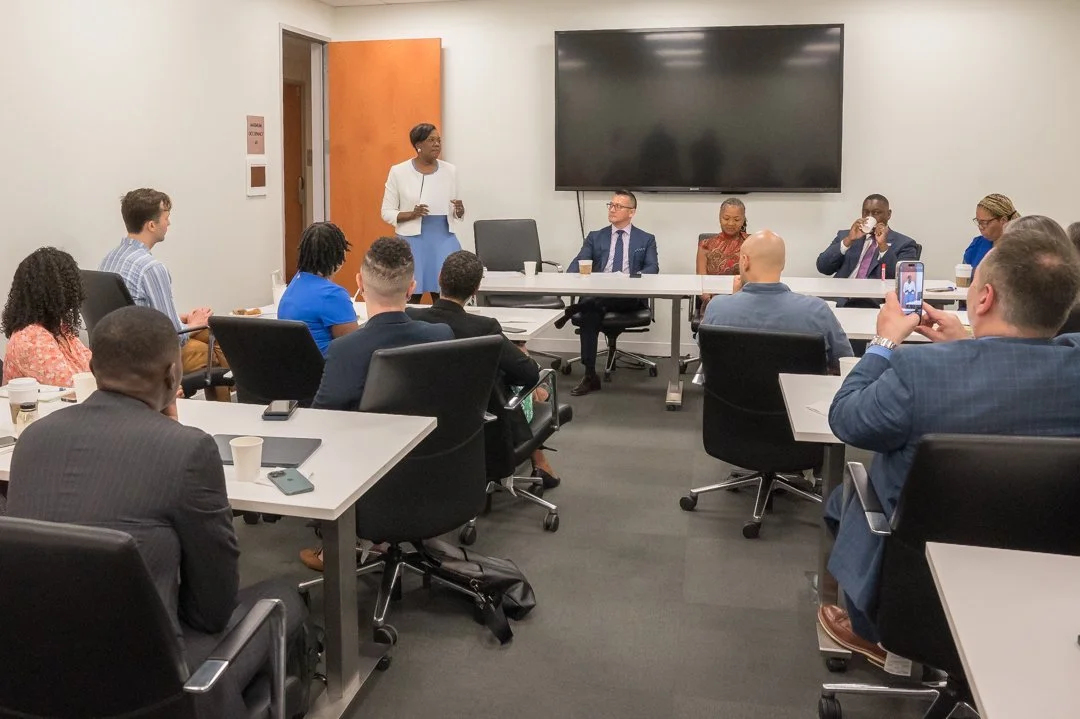
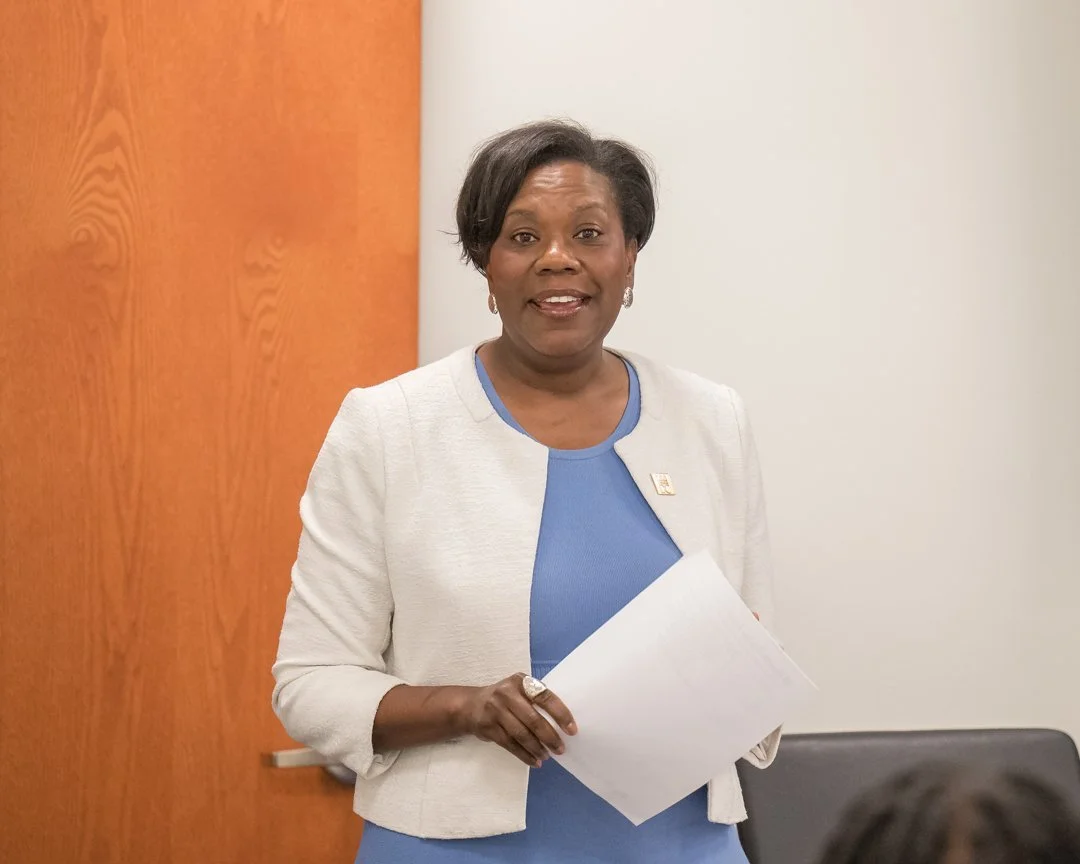
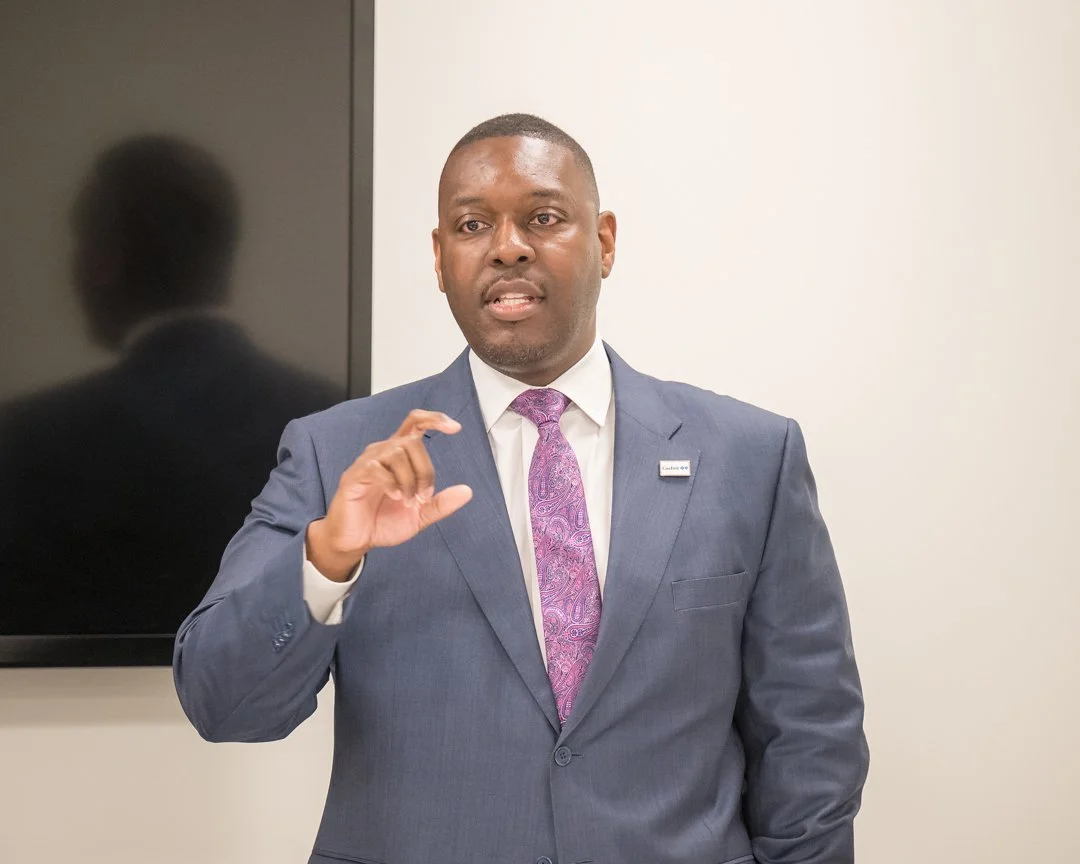
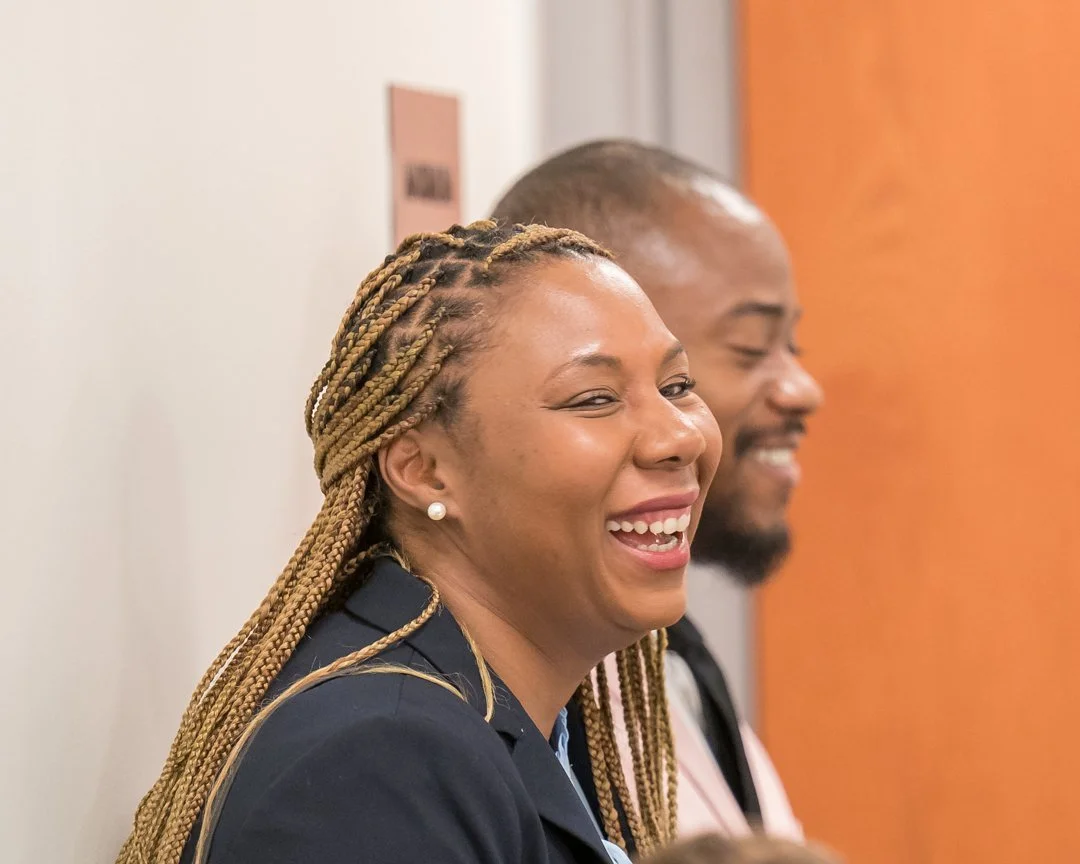
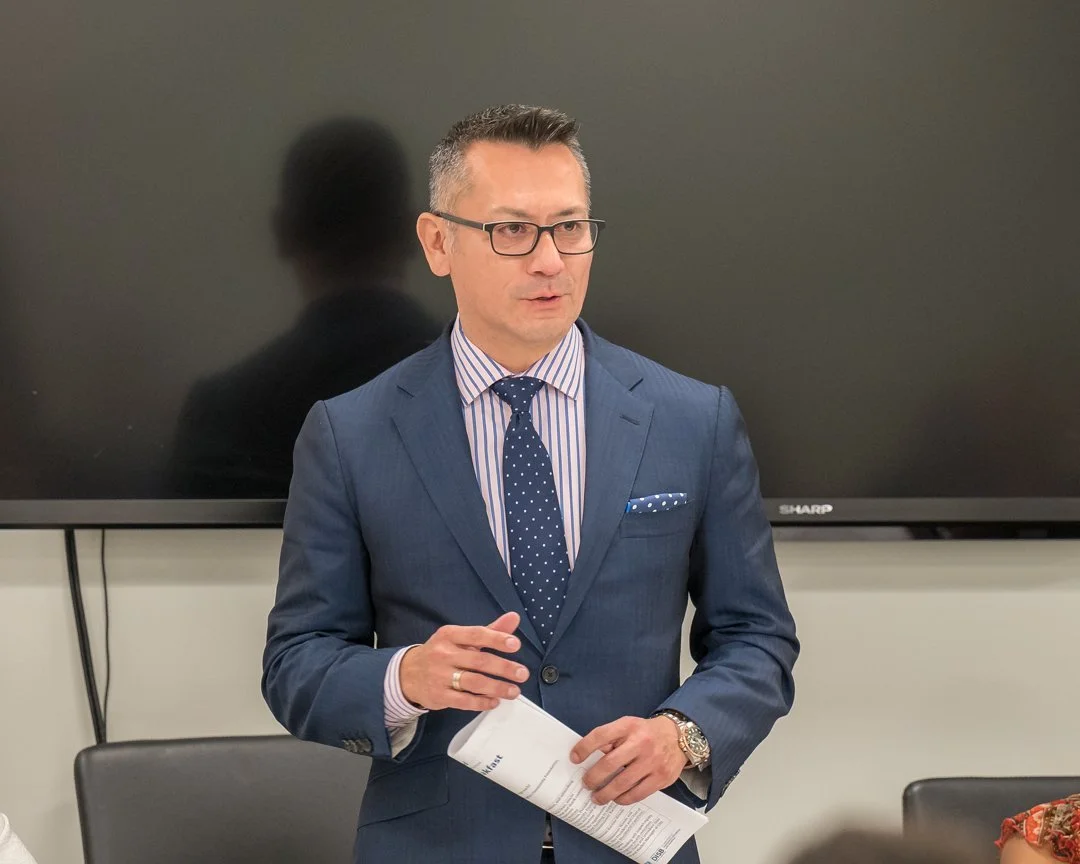
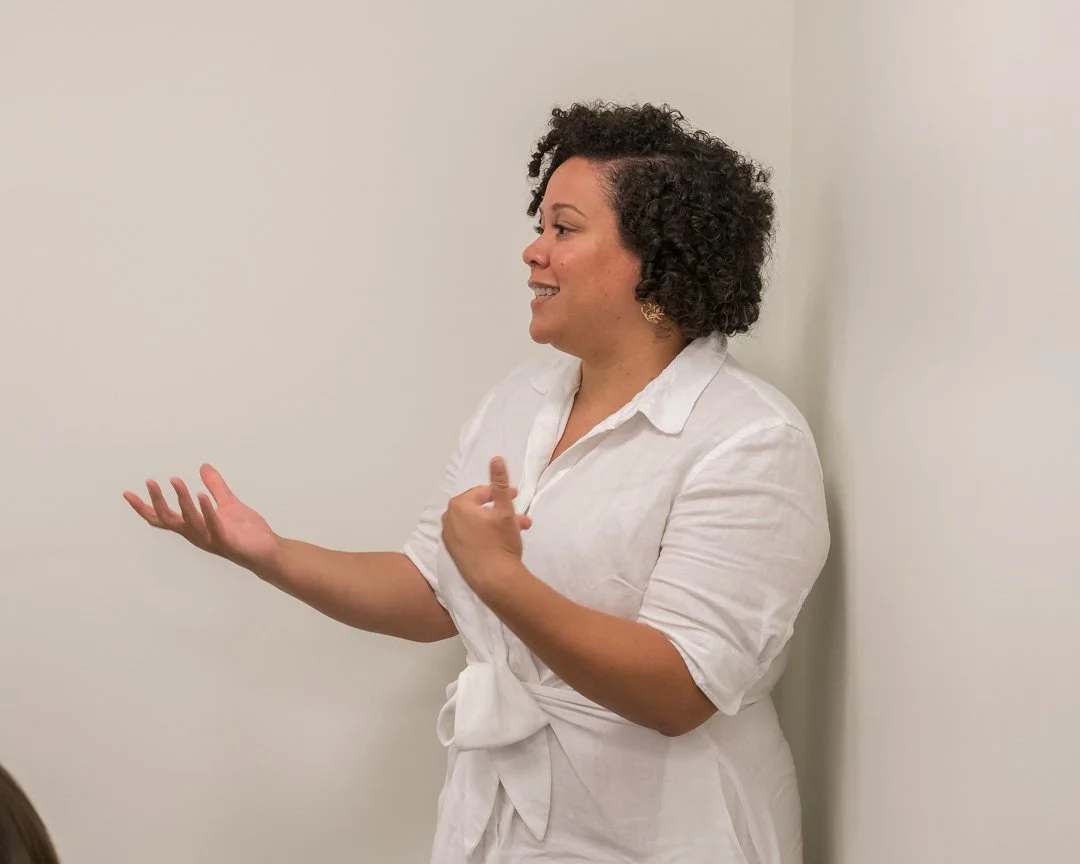
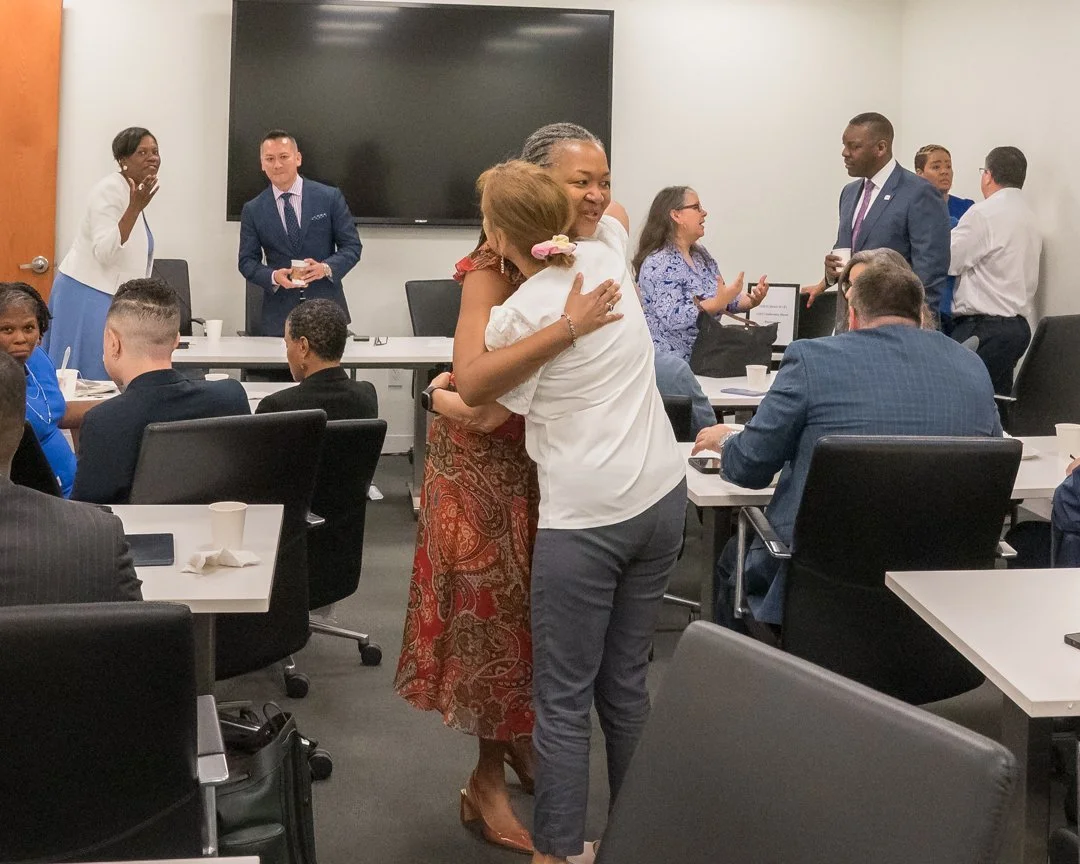
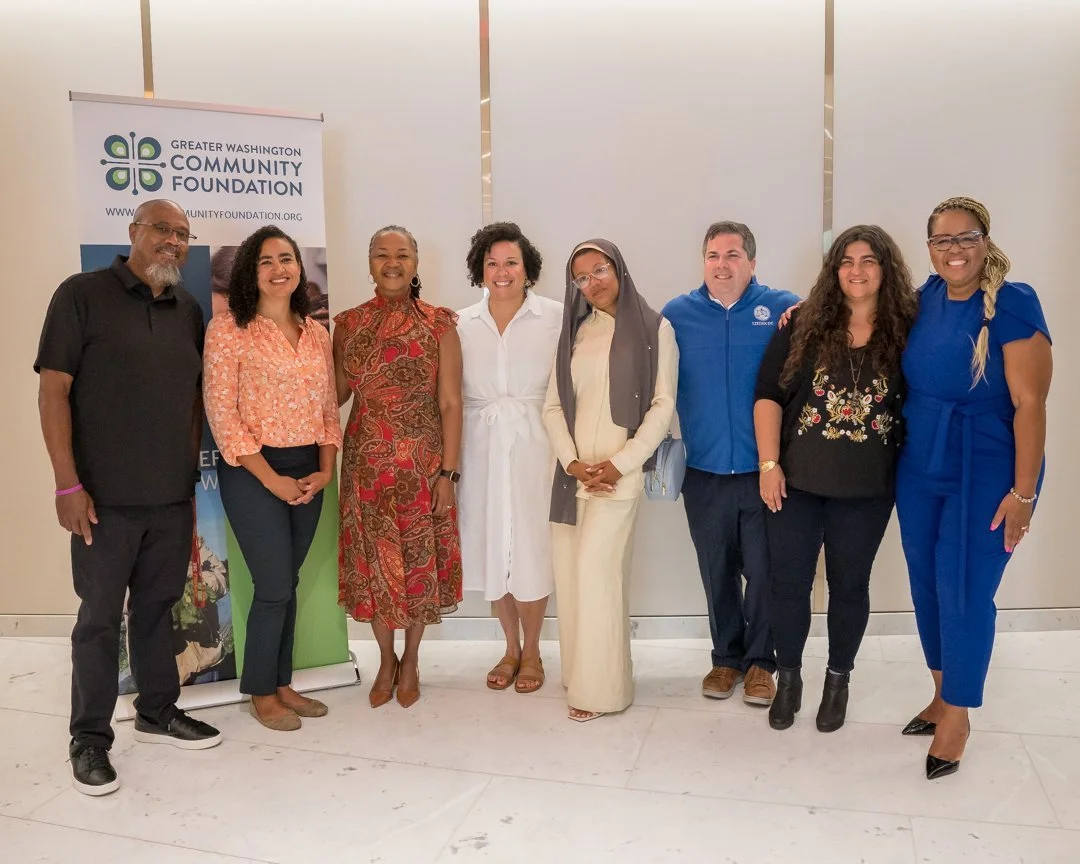
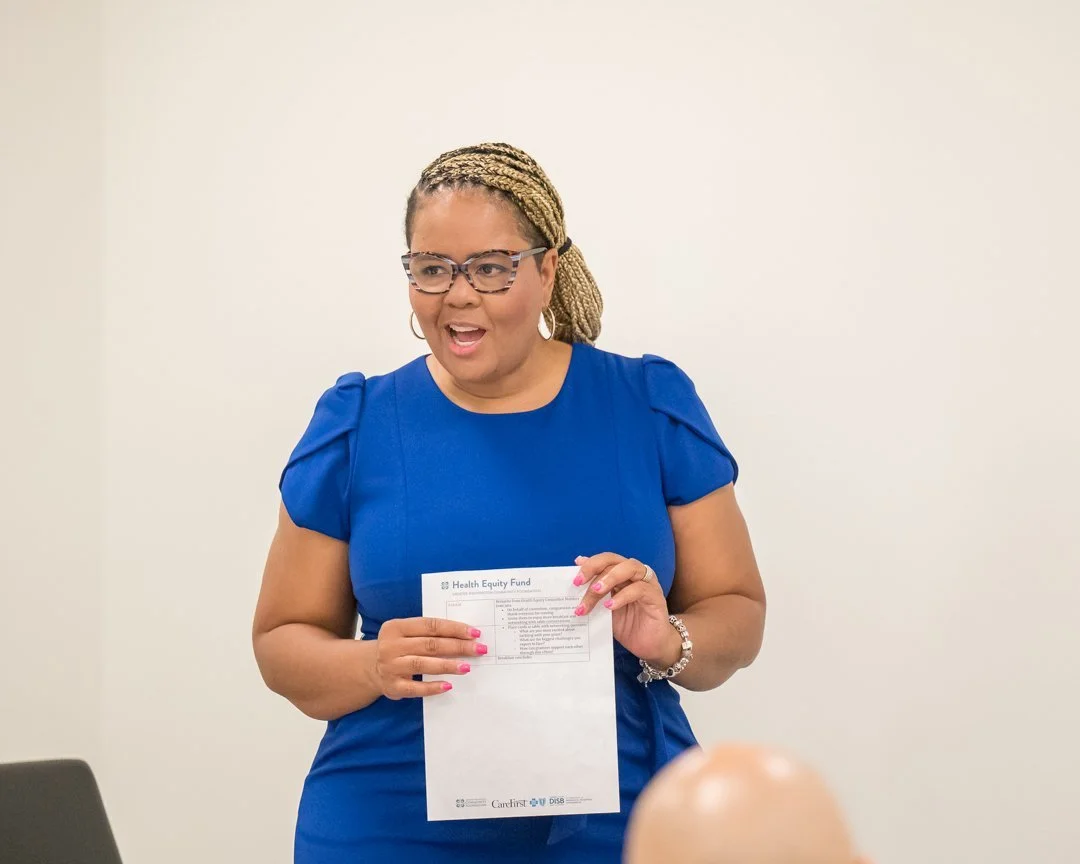
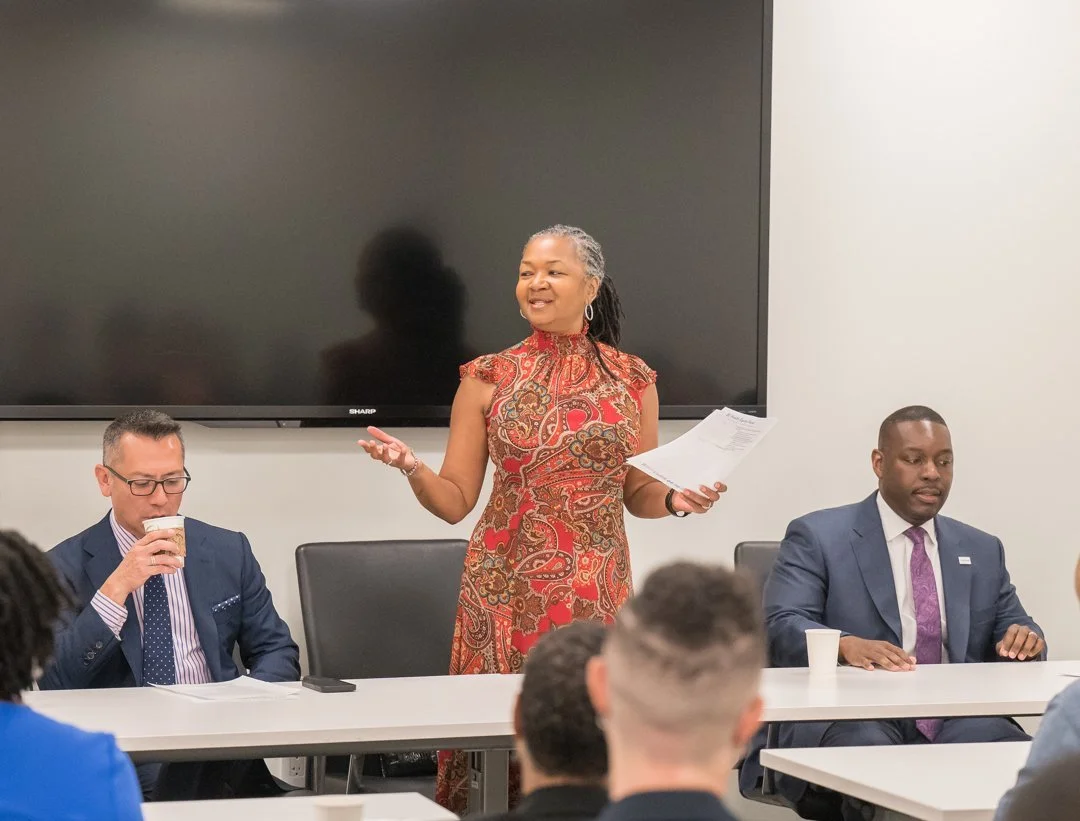
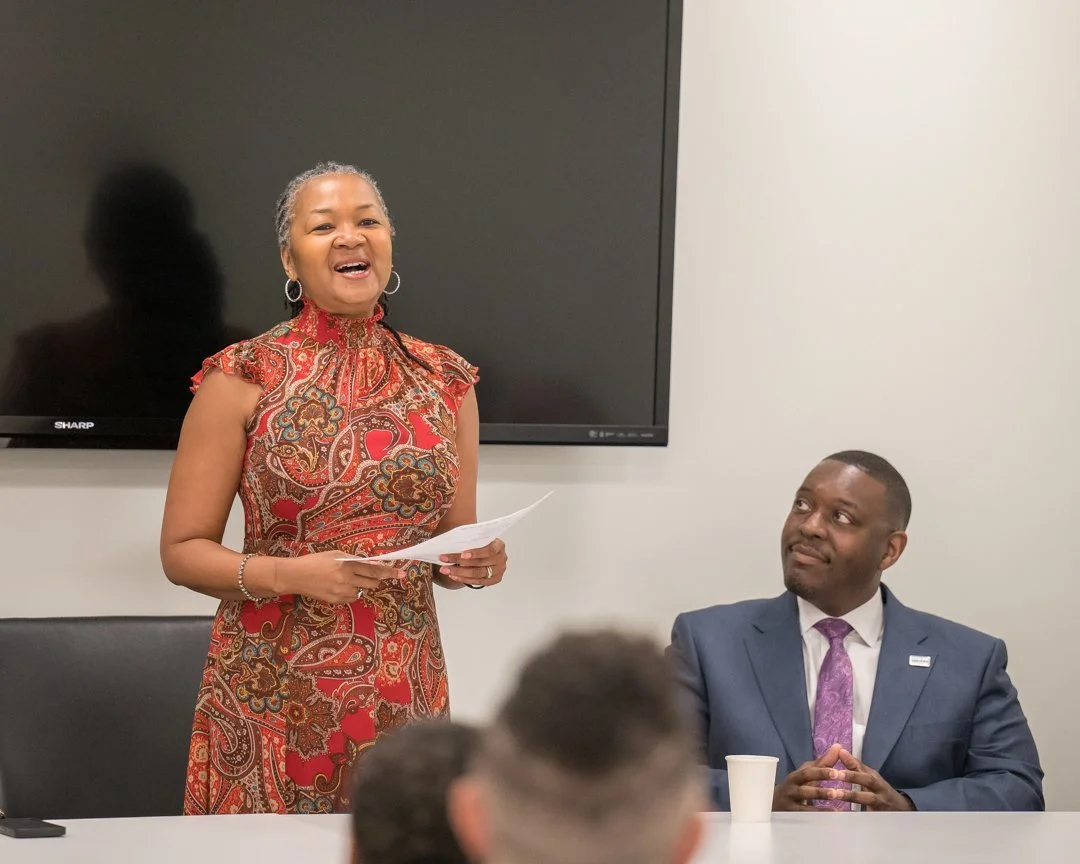
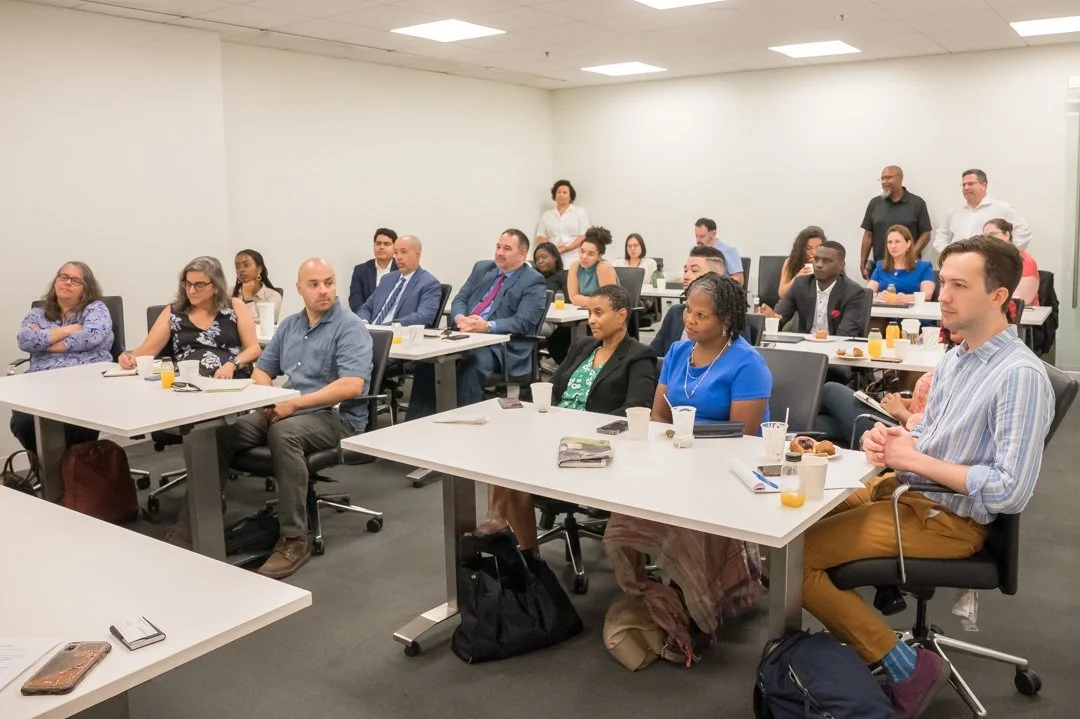
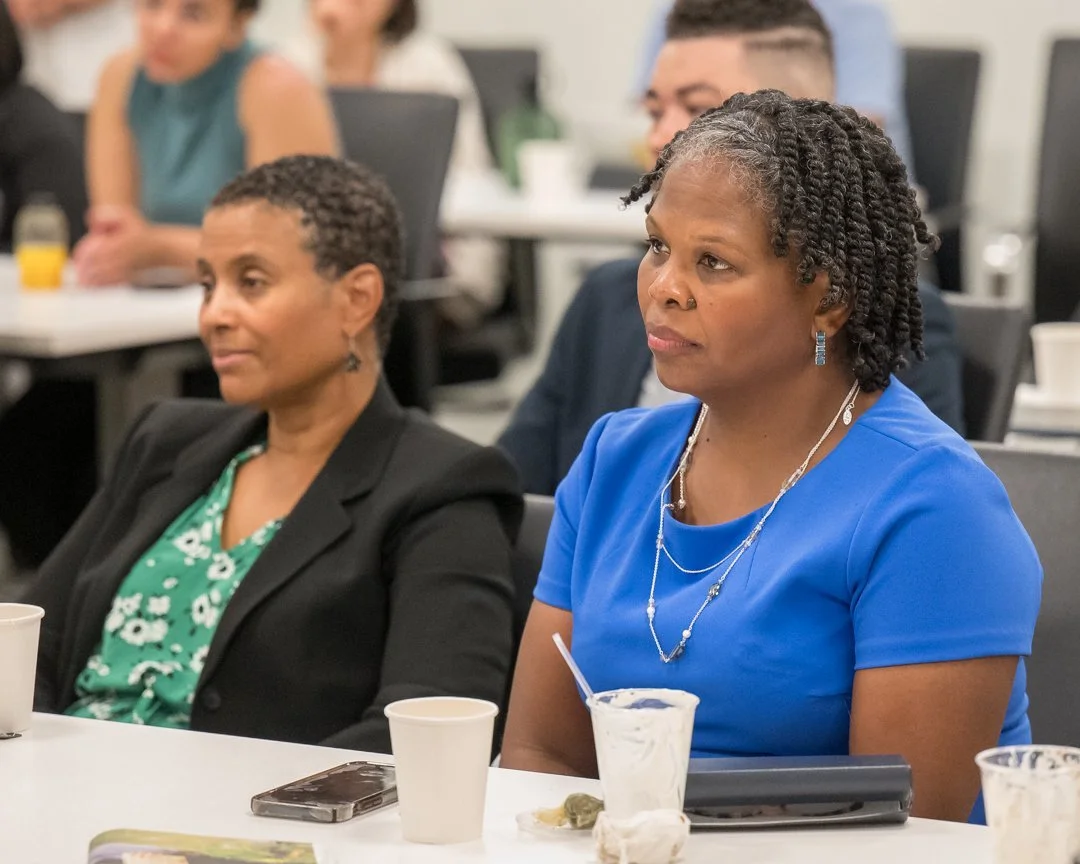
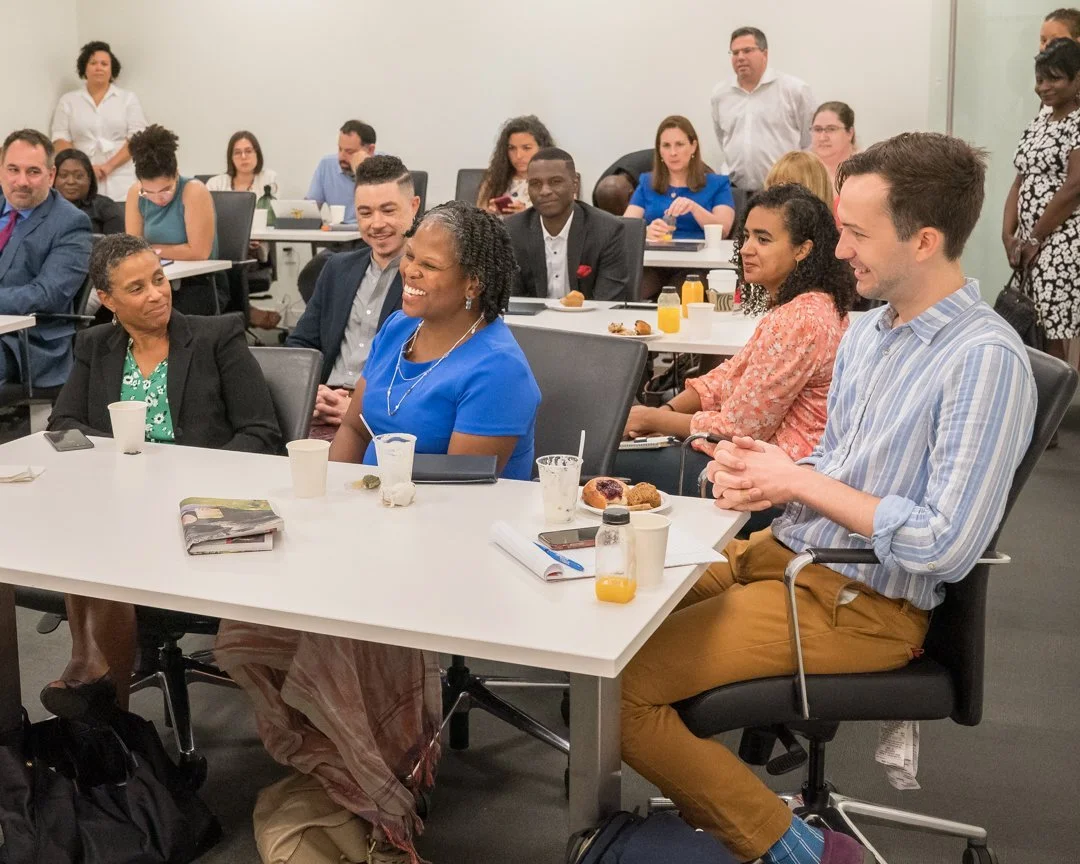
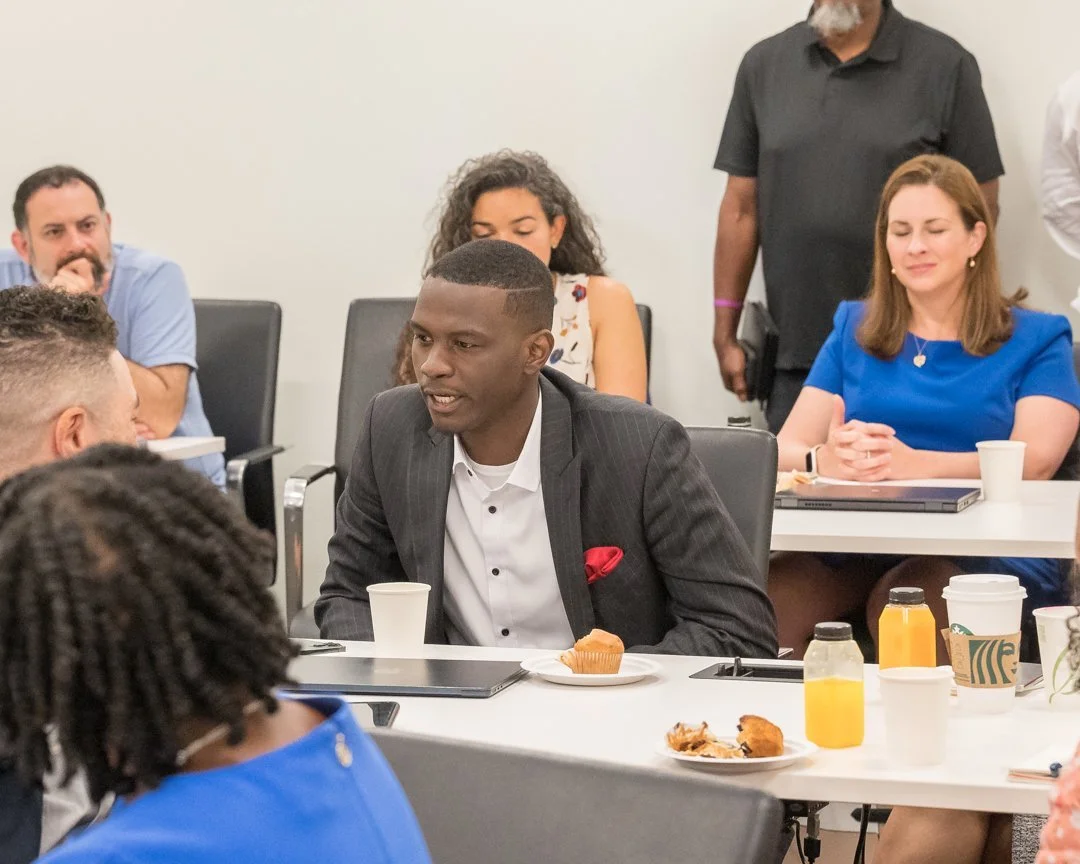
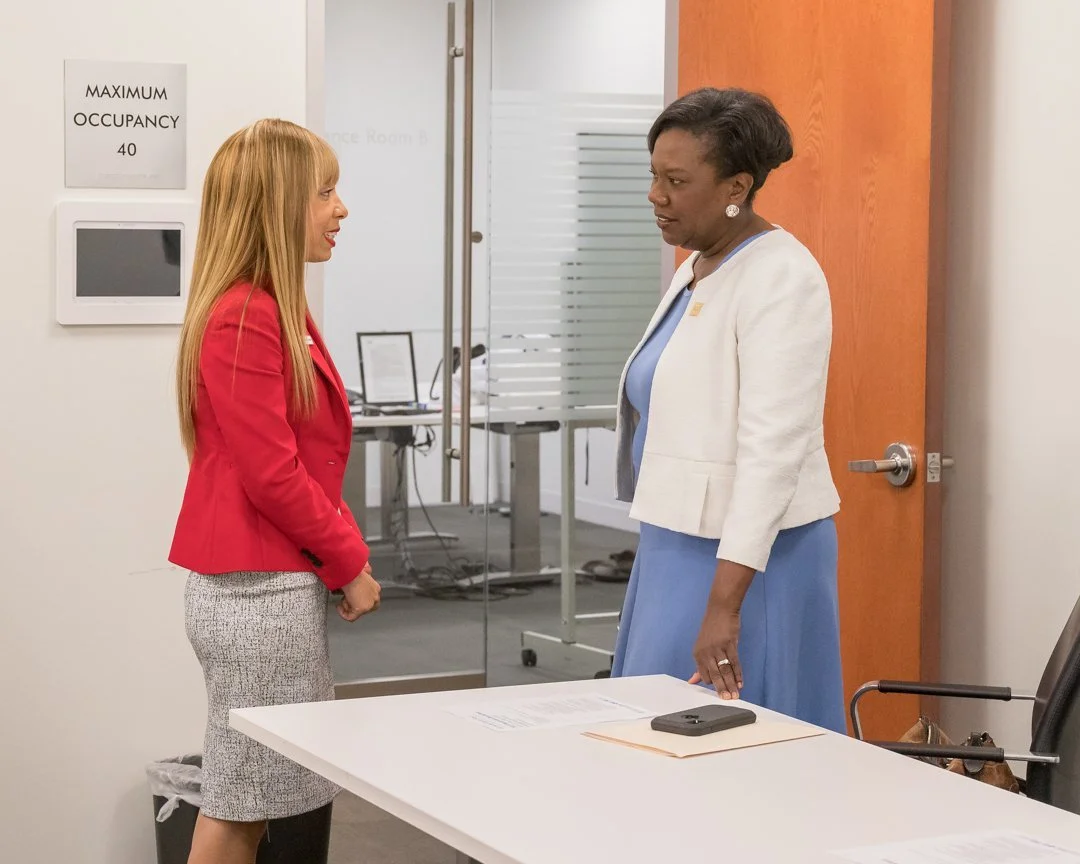
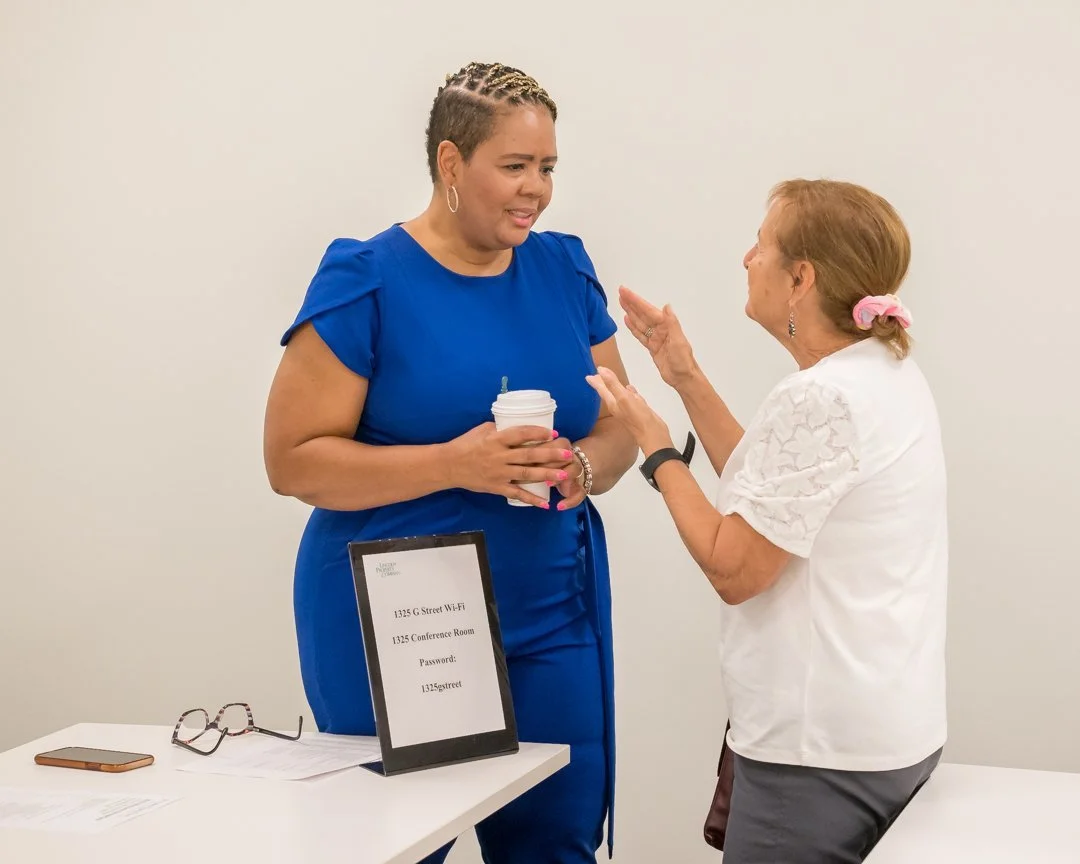
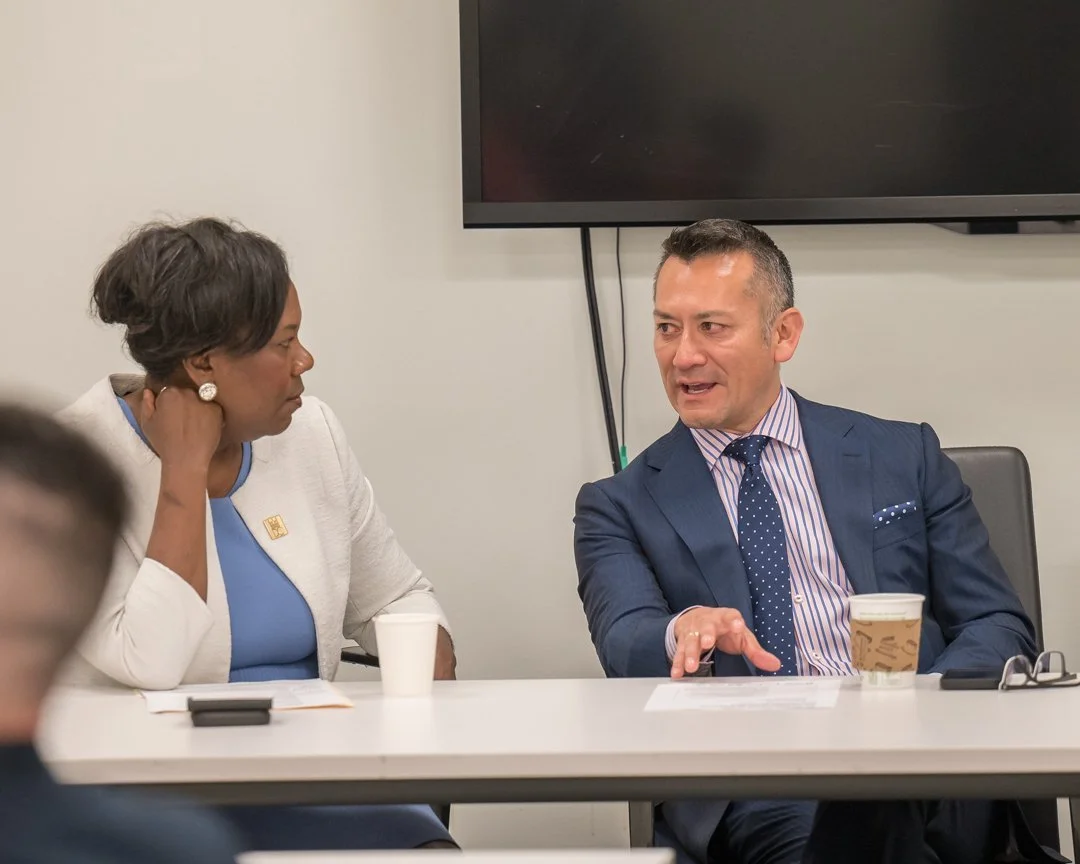
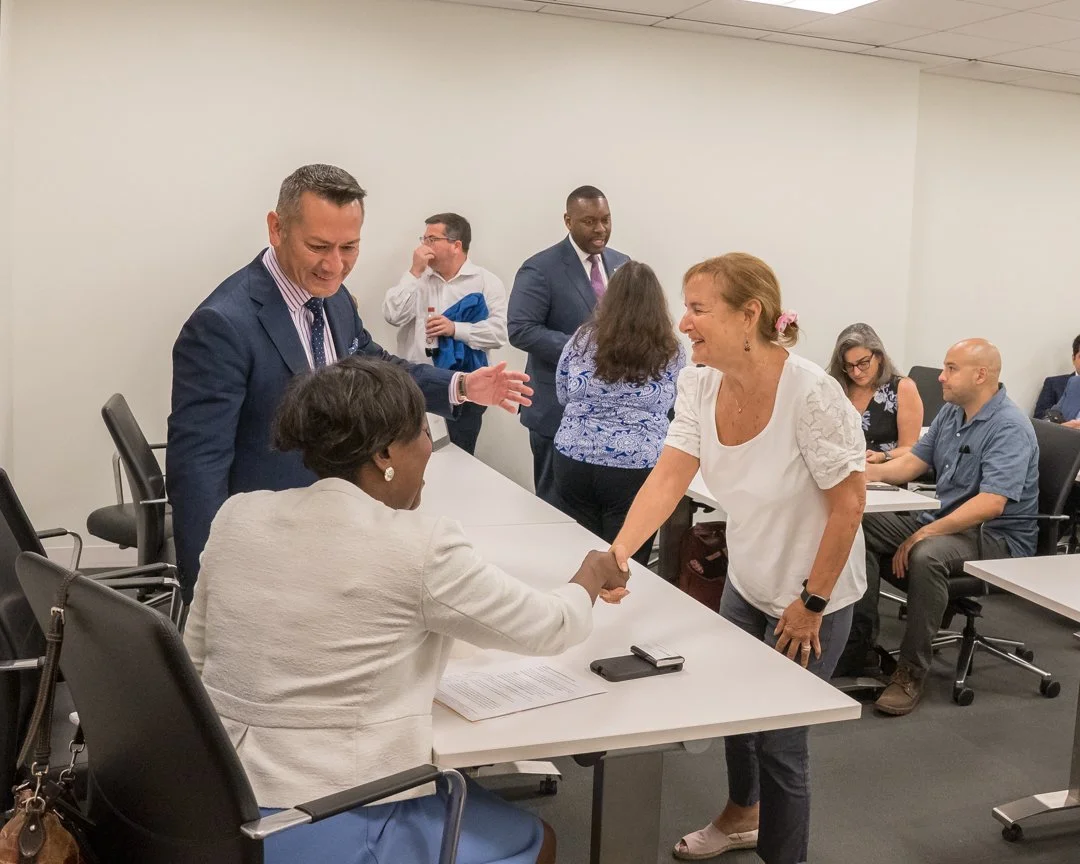
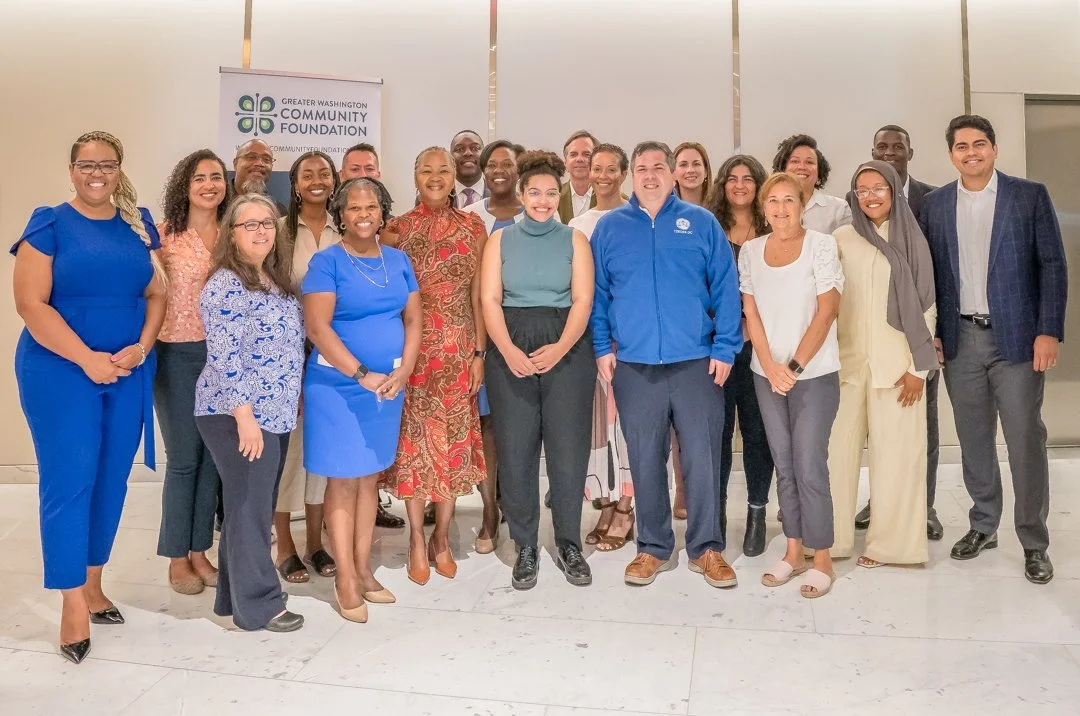
“In this round, we are investing in organizations who seek to change structural determinants of health over the long-term,” said Dr. Nnemdi Elias, Chair of the Health Equity Committee. “We recognize this mandate requires deep investment and collaboration, which is why our partners will also work together to share best practices and leverage their collective strengths as we build a healthier future for DC’s residents.”
Some of these investments include
Black Women Thriving East of the River will support data, training, advocacy, and education to better position Black women living east of the Anacostia River to acquire and maintain employment in health-related careers.
Emerald Cities Collaborative Inc. will develop a Building Energy Performance Standards (BEPS) economic inclusion initiative to create local-level business opportunities aligned with city-wide diversity and inclusion goals, and will strengthen the capacity of DC’s BIPOC contractors to execute and bid on BEPS project opportunities.
La Clinica del Pueblo will support efforts to challenge citizenship as a determinant of social and legal belonging through advocacy work that addresses the health coverage exclusion of noncitizens and supports equal access to high-quality care, regardless of status.
The National Reentry Network for Returning Citizens will lead four years of advocacy to enact change through the Black-led #SafeAndFreeDC legislative policy agenda, which addresses health, economic, and racial equity through transformation of the criminal legal system.
Whitman-Walker Institute will work with community organizations and District residents to develop a partnership framework that increases cross-sectoral collaboration in policy and advocacy efforts, which will then be used to develop a Queer and Trans Agenda for Racial and Economic Justice.
Additional grantees include: Council for Court Excellence; DC Fiscal Policy Institute; DC Justice Lab; DC Reentry Housing Alliance; Empower DC; Fair Budget Coalition; Many Languages One Voice; Mothers Outreach Network; and Tzedek DC.
Wellons and representatives from the DC Health Equity Committee, DC Department of Insurance, Securities and Banking, and CareFirst BlueCross BlueShield celebrated with the nonprofit organizations at a special welcome breakfast.
“Today represents the single most important philanthropic investment – not only in the history of The Community Foundation, but also in the history of Washington DC,” Commissioner Karima Woods with the DC Department of Insurance, Securities, and Banking. “With this investment in policy, advocacy, and systems change, we champion the HOPE (hope, opportunity, prosperity, and equity) you will bring to the District.”
“The Health Equity Fund is an unprecedented, community-focused philanthropic endeavor, and this grant round mirrors the extraordinary nature of the fund with specific focus on programs that will create lasting structural and policy changes for our DC community,” said Brian D. Pieninck, President and CEO of CareFirst BlueCross BlueShield (CareFirst). “We applaud the tireless efforts of the organizations selected as we work together to find ways to reduce the effects that social and structural determinants have on health outcomes. We are confident these organizations will help to change the economic, social and policy systems that often create and reinforce persistent health inequities in the District.”
With this exciting investment also came a call to action.
“We’re asking you to work together, as a cohort,” Juan Jara, a member of the Health Equity Committee explained. ““Your work – and the issues that your organizations address – are all interconnected. The more we can collaborate and work together, the better off we’re going to be as a community.”
The Community Foundation and its partners didn’t waste any time – launching straight into their second IDEA Summit immediately following the welcome breakfast. The event allowed partners to not only network, but also to ‘co-design success’ – working together to identify the outcomes, actions, and impact that they hope to see over the next few years. The summit was facilitated by a team from the American Institutes for Research (AIR), which serves as the evaluation partner for the Health Equity Fund.
“This is a quality group,” shared one leader. “Everyone in this room has a drive and a passion to make a huge difference for this community.”


